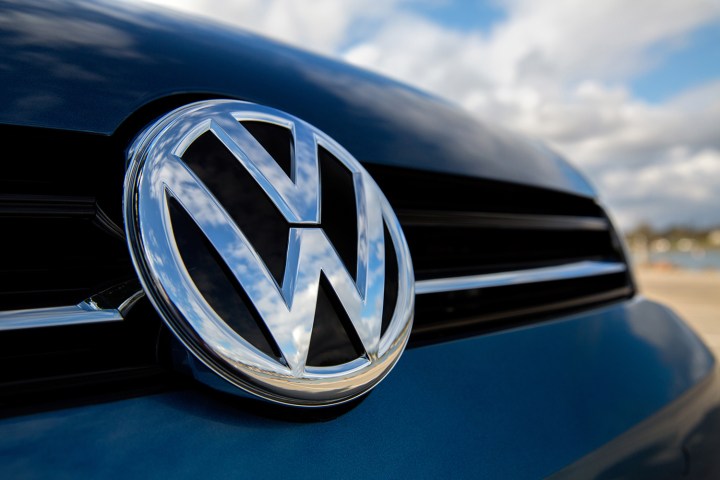
After weeks of negotiating with the government, the manufacturer has reached a tentative agreement to buy back or repair nearly 500,000 diesel vehicles in the United States, each of which was equipped with illegal software meant to fool emission testing equipment. Affected cars include the 2008-2015 Volkswagen Jetta, Volkswagen Golf, and Audi A3; however, vehicles featuring the automaker’s 3.0-liter turbodiesel V6 — which was also found with the emissions-fooling “defeat device” — are not expected to be a part of the buyback at this time.
In addition, VW has agreed to set up a compensation fund for its diesel customers, the total value of which may reach more than $1 billion. To be clear, owners that decide to sell back their vehicles will still receive a cash payment, however the amount has yet to be announced.
“Volkswagen is committed to earning back the trust of its customers, dealers, regulators and the American public,” the automaker said in a statement. “These agreements in principle are an important step on the road to making things right. Volkswagen intends to compensate its customers fully and to remediate any impact on the environment from excess diesel emissions. As noted today in court, customers in the United States do not need to take any action at this time.”
Cars fitted with the defeat device can emit up to 40 times more nitrogen oxide than their specs sheets originally claimed, so to remedy the environmental damage, VW will also establish an a environmental remediation fund and commit substantial resources to promoting green vehicle tech moving forward.
Despite these developments, the Dieselgate scandal is far from over. The brand is still reshuffling its management structure, and the Federal Trade Commission recently filed a complaint in federal court claiming the company’s ironic “Clean Diesel” advertising campaign was intentionally deceitful and illegal.
Full details of the agreement must be submitted to the court by June 21.


